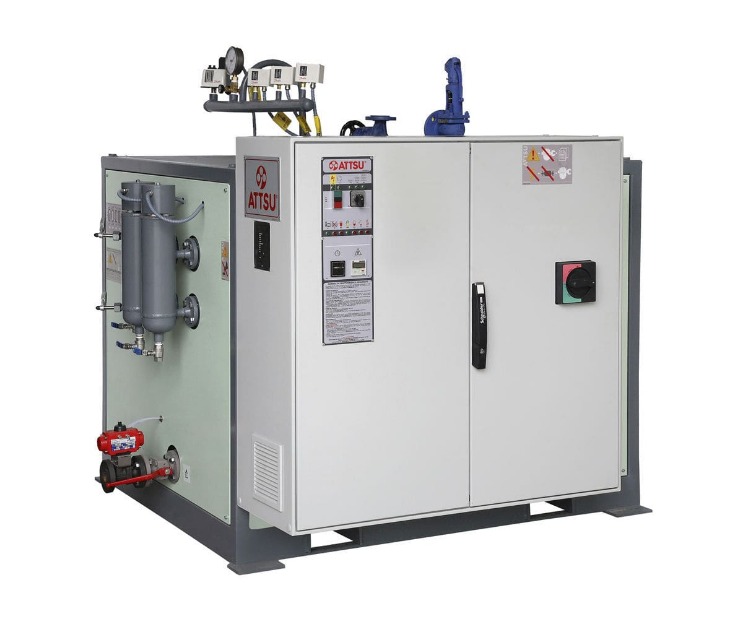The Imperative of Sustainability in Modern Society
As global concerns about climate change and environmental degradation grow, the concept of sustainability has become paramount. Sustainability refers to meeting our needs without compromising the ability of future generations to meet theirs. This important principle underpins the idea of sustainable development, a strategy for economic growth that respects ecological boundaries and promotes social well-being.
Energy Transition: Shifting Towards a Greener Future
At the heart of sustainable development lies the urgent need for an energy transition. This refers to the global shift from fossil fuels to renewable energy sources. The transition aims to reduce greenhouse gas emissions, combat climate change, and foster economic resilience. This process is multifaceted, involving policy changes, technological advancements, and societal adaptations.
The Rise of Renewable Energy
Renewables such as solar, wind, hydro, and geothermal energy are playing a critical role in the energy transition. Governments worldwide are investing heavily in renewable energy infrastructure, incentivizing innovation, and implementing policies to reduce reliance on non-renewable resources. These energy sources are abundant, sustainable, and produce little to no greenhouse gas emissions, making them a cornerstone of clean energy strategies.
Solar and Wind Power
Solar and wind power are two of the most prevalent forms of renewable energy. Advances in photovoltaic technology and wind turbine efficiency are driving down costs and increasing accessibility. Countries with high solar irradiance or strong wind currents are capitalizing on these advantages to meet their energy needs sustainably.
The Role of Electric Vehicles in Achieving Sustainability
Electric vehicles (EVs) are revolutionizing the transportation sector, a significant contributor to global carbon emissions. By replacing internal combustion engine vehicles with EVs, we reduce our dependence on fossil fuels and lower atmospheric pollution. The adoption of electric vehicles is accelerating, thanks to advancements in battery technology and growing charging infrastructure.
Clean Energy and Its Impacts
Transitioning to clean energy is not only an environmental necessity but also an economic opportunity. Cleaner energy sources help diversify energy supplies, reduce risks associated with fossil fuel dependency, and create jobs in new industries. Additionally, clean energy initiatives promote public health by reducing air pollution and its associated health costs.
Emerging Trends and Future Directions
Several emerging trends are shaping the future of clean energy and sustainable development:
- Increased investment in renewables
- Development of smart grids
- Energy storage solutions such as advanced batteries and hydrogen fuel cells
- Policies promoting energy efficiency and conservation
Read more about energy transition here.
Conclusion: The Path Forward
The journey towards sustainable development is complex but essential. Embracing renewable energy sources, promoting the use of electric vehicles, and fostering clean energy innovations are vital steps in ensuring a sustainable and resilient future. Achieving these goals requires concerted efforts from governments, industries, and individuals alike.
By prioritizing sustainability and supporting the energy transition, we can pave the way for a healthier planet and a more equitable society.



